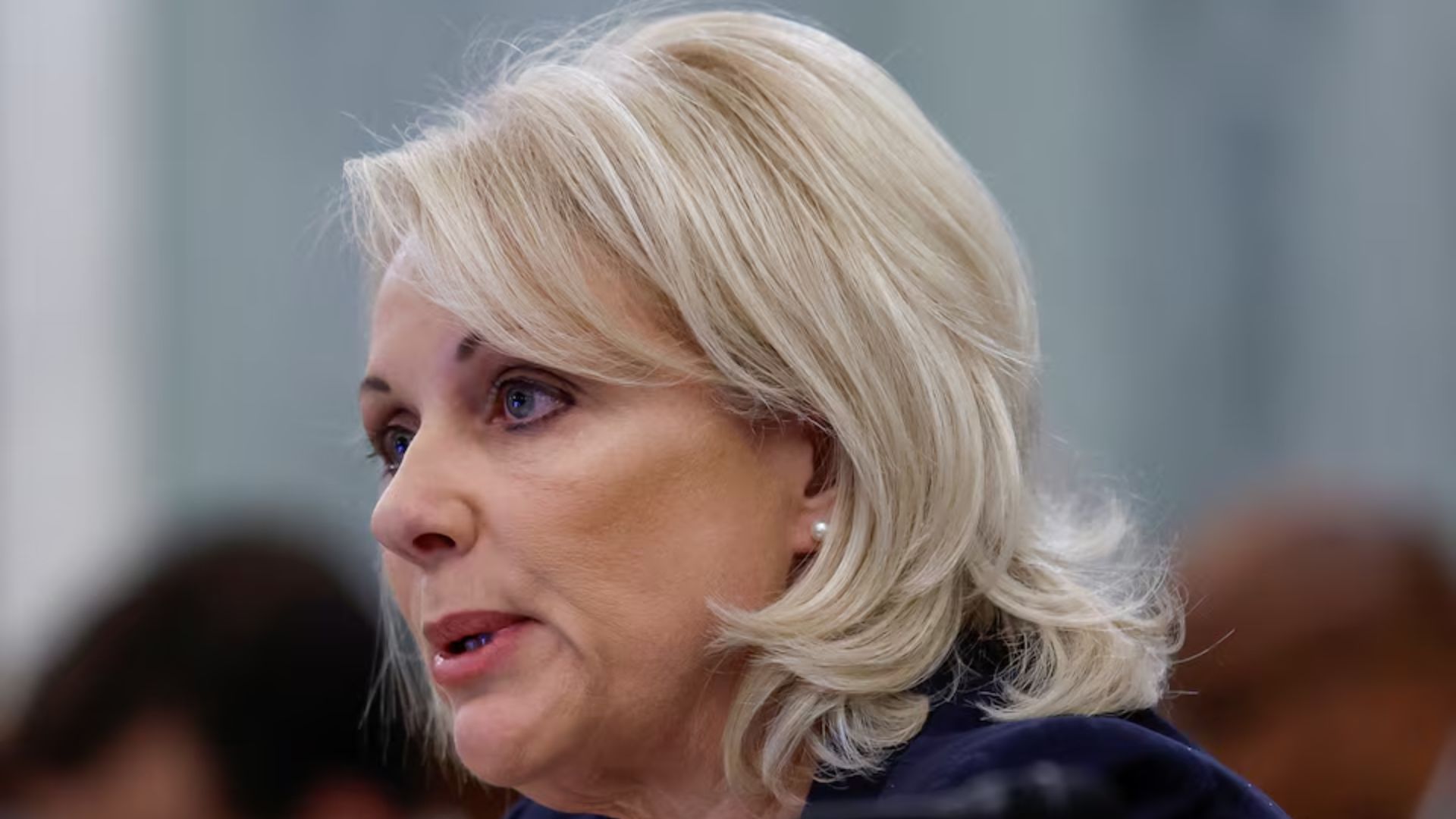WASHINGTON, (Reuters) – National Transportation Safety Board chair Jennifer Homendy will tell lawmakers she is committed to winning approval of safety recommendations and scrutinizing federal agencies.
The U.S. Senate Commerce Committee is holding a hearing Wednesday on President Joe Biden’s nomination of Homendy to serve a new term heading the board that investigates air, rail, marine, pipeline and highway accidents.
“On scene, my most important duty is to brief the families on what is often the worst day of their lives. It’s why I fight so hard for NTSB safety recommendations,” Homendy will say, according to her written testimony pledging to continue serving “as a fierce advocate for improving transportation safety.”
Homendy was the on-scene board member for last month’s Baltimore bridge collapse and the Jan. 5 Alaska Airlines Boeing 737 MAX 9 mid-air emergency prompted by a door panel blowout.
Homendy, who has served on the board since 2018 and has been chair since August 2021, previously was a senior legislative staffer working on transportation issues.
She will tell senators the NTSB in 2023 hired 71 people after hiring just 7 in 2017 boosting its headcount to 430. The NTSB has 2,200 domestic and 450 foreign cases annually in every mode of transportation, her testimony seen by Reuters says.
Last month, Homendy criticized what she termed Boeing’s lack of cooperation in the door plug probe including failing to disclose the names of 25 workers on the door crew at the 737 factory in Renton, Washington. After Homendy’s comments, Boeing provided the 25 names. Boeing denied failing to cooperate.
She has also urged action after a series of near-miss aviation safety incidents, and urged the Federal Aviation Administration to mandate retrofitting all planes with cockpit voice-recorders capturing 25 hours of data from the current two-hour loop.
Homendy has also pushed for new train safety measures after the February 2023 derailment of a Norfolk Southern operated train in East Palestine, Ohio.
Homendy previously criticized the National Highway Traffic Safety Administration (NHTSA) for failing to ensure driver assistance systems like Tesla Autopilot or nascent self-driving vehicles are safe.
NHTSA declined to adopt NTSB’s recommendations, and said drivers are expected to “remain fully and continuously engaged in the driving task” but did push Tesla to recall 2 million vehicles over the lack of Autopilot safeguards in December to prevent driver misuse.
Tesla said in December it did not agree with NHTSA’s analysis but would deploy an over-the-air software update that will “incorporate additional controls and alerts” to further encourage drivers to adhere to their continuous driving responsibility when using Autopilot.
Reporting by David Shepardson; Editing by Christopher Cushing











